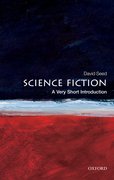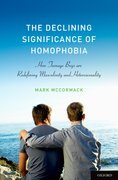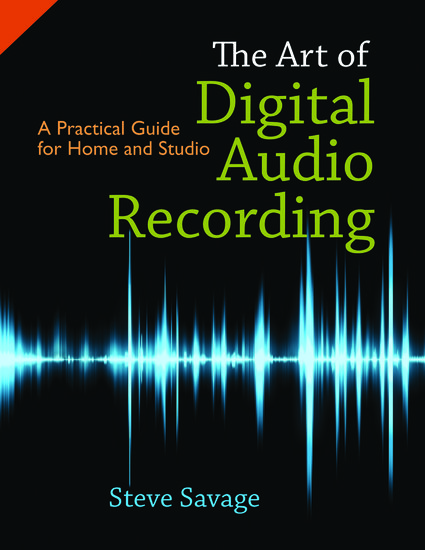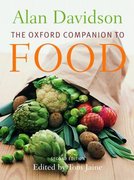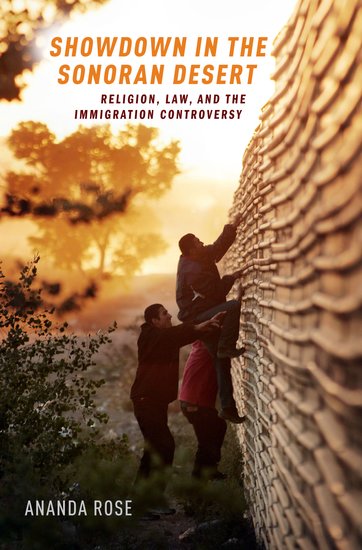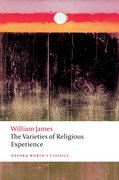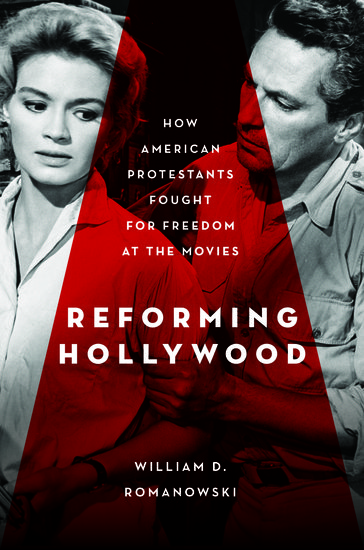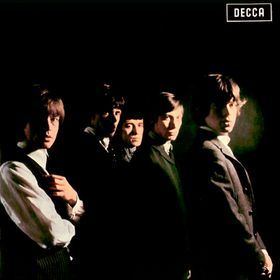The Olympics and Music: then and now
27 July 2012: the day that many Britons have been waiting for, and the day when the attention of the world will be focused on London and the Opening Ceremony of the Olympic Games. As a nation we have been holding our breath in anticipation of this extravaganza: a showcase of British and world sporting talent, and the spirit of competition. But the Games are more than just sport, they are also an opportunity for the host nation to demonstrate its cultural excellence and achievements.





